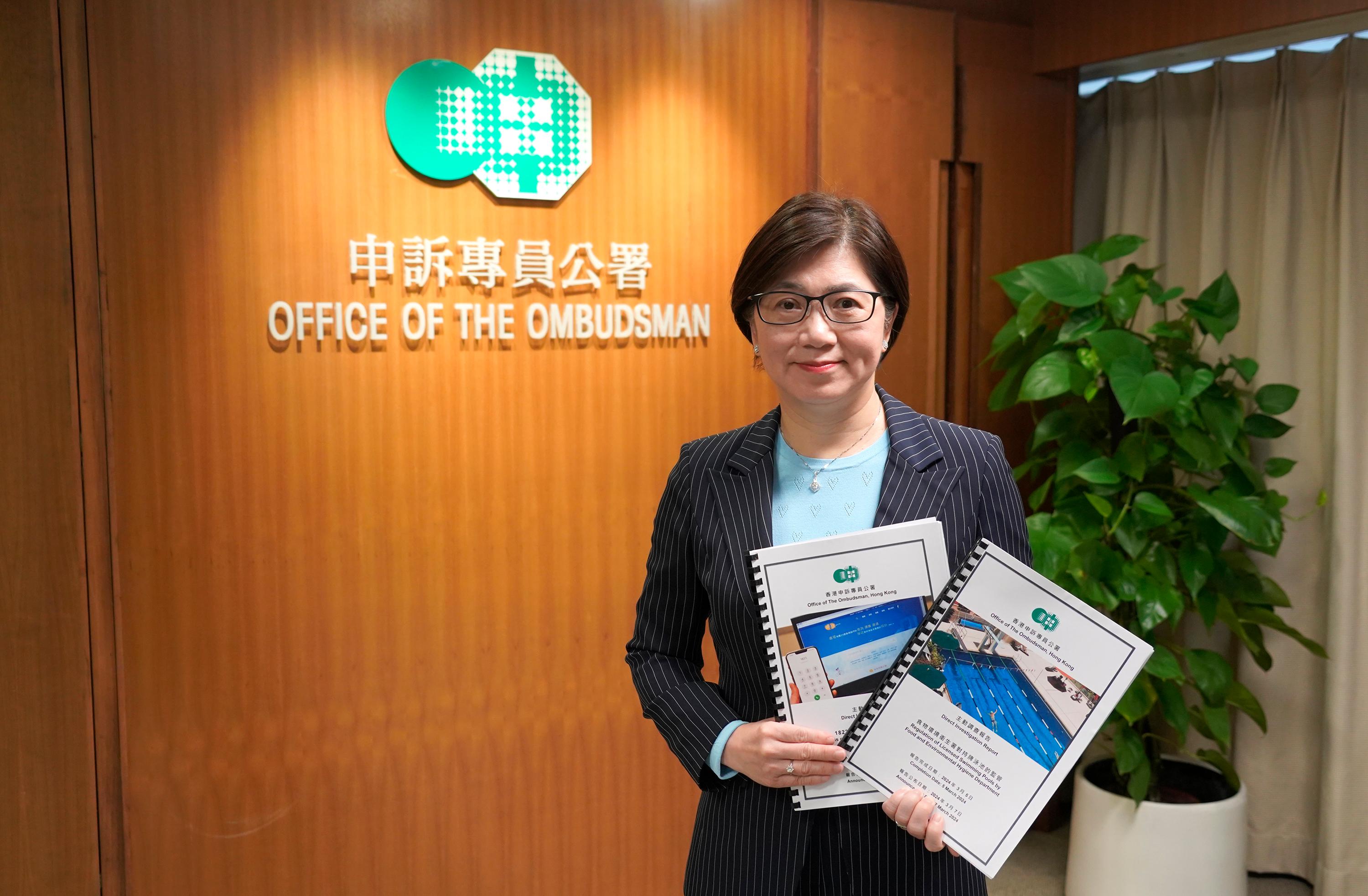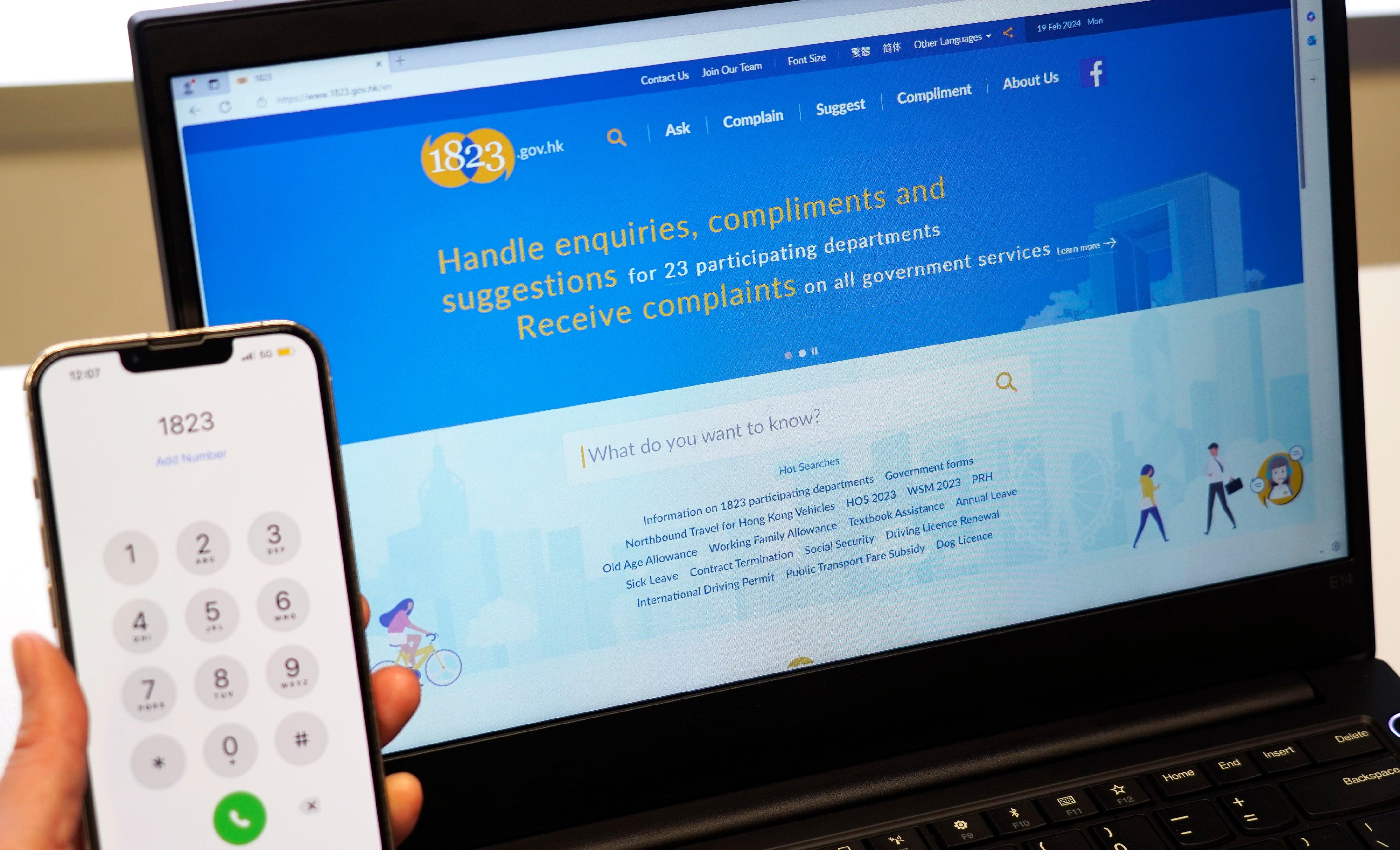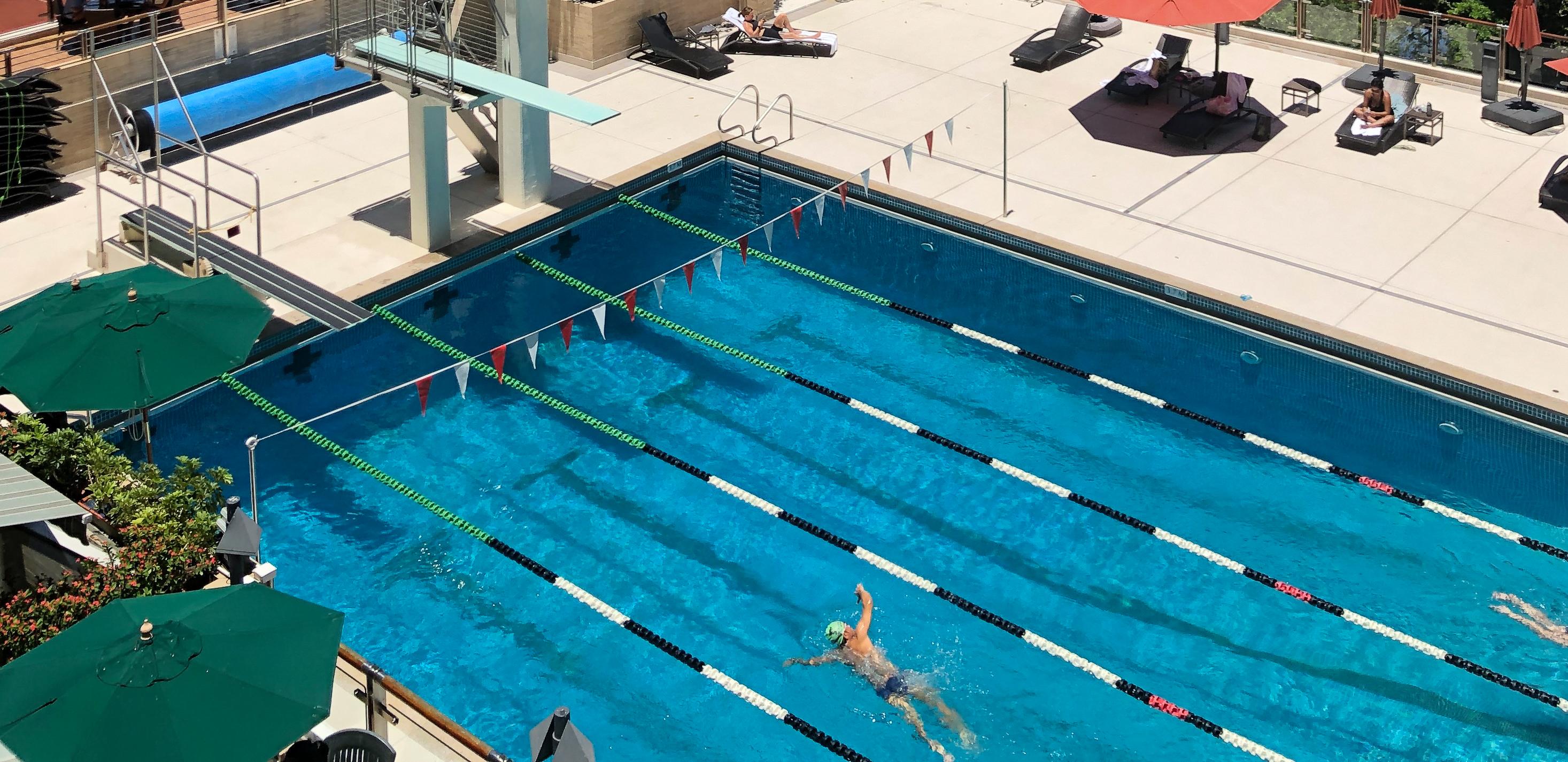Government to extend Pilot Scheme for Supporting Patients of Hospital Authority in Guangdong-Hong Kong-Macao Greater Bay Area till end of March next year
The Health Bureau (HHB) announced today (March 7) the extension of the Pilot Scheme for Supporting Patients of the Hospital Authority in the Guangdong-Hong Kong-Macao Greater Bay Area (GBA) till March 31 of next year in a bid to enable eligible patients of the Hospital Authority (HA) to continue receiving subsidised consultation services at the University of Hong Kong-Shenzhen Hospital (HKU-SZH).
To enable Hong Kong citizens to develop, live and reside on the Mainland, the Government launched the Pilot Scheme on May 10 last year making reference to the experience from the Special Support Scheme during the COVID-19 epidemic, so that patients with scheduled follow-up appointments at designated Specialist Out-patient Clinics (SOPCs) or General Out-patient Clinic (GOPCs) of the HA (eligible patients) can receive subsidised consultations at the HKU-SZH. By the end of this February, over 4 000 eligible patients have enrolled into the scheme. These patients only need to pay a consultation fee of RMB100 for each subsidised consultation at the HKU-SZH and the remaining fee is subsidised under the Pilot Scheme.
The HKU-SZH conducted a survey among patients participating in the Pilot Scheme between the end of last year and early this year. The survey results revealed that nearly 60 per cent of the participating patients are elderly persons aged 65 or above. Moreover, 96 per cent of the patients have their habitual residence in Guangdong Province, with some 60 per cent currently residing in Shenzhen. Over 90 per cent of the participating patients were satisfied with the services delivered under the Pilot Scheme at the HKU-SZH and enjoyed the convenience of attending follow-up consultations on the Mainland that had spared them the tiring journeys between the Mainland and Hong Kong.
Having considered the effectiveness of the Pilot Scheme in addressing the patients' need for frequent follow-up consultations, the Government decided to extend the Pilot Scheme for one year. From April 1 this year to March 31 next year, eligible patients can continue to receive subsidised consultation services at the HKU-SZH.
The Secretary for Health, Professor Lo Chung-mau, said, "The Government has all along been committed to taking forward medical collaboration in the Guangdong-Hong Kong-Macao Greater Bay Area for providing greater convenience to Hong Kong citizens residing in or frequently travelling to and from GBA cities. Apart from this Pilot Scheme, the Government announced last month the inclusion of seven medical institutions in the GBA in the Elderly Health Care Voucher Greater Bay Area Pilot Scheme to offer eligible Hong Kong elderly persons additional options of service points for using the Elderly Health Care Vouchers in the GBA in the future. The pilot medical institutions are expected to gradually launch the relevant arrangements starting from the third quarter of this year.
"In the light of the Chief Executive's announcement of making optimal use of GBA healthcare services in the Policy Address, the HHB will identify healthcare services with pressing demand and of lower risks, and plan for strategic procurement of relevant services from suitable GBA medical institutions for Hong Kong citizens. The move aims to alleviate the pressure exerted on the public hospitals in Hong Kong and shorten the waiting time of citizens. We will make an announcement as soon as the details are finalised."
In order to provide more effective support to Hong Kong citizens utilising cross-boundary healthcare services in the GBA, new functions will also be added to the eHealth mobile application later on to enable citizens in need to receive more seamless and comprehensive healthcare services.
"In the long term, the HHB will keep on monitoring closely the progress of various GBA medical collaboration initiatives. Apart from reviewing the effectiveness of arrangements such as the Pilot Scheme in due course, we will also keep up with the strengthening of medical collaboration with the Mainland, contributing to the national strategy of 'Healthy China'," Professor Lo stressed.
The arrangements under the extended Pilot Scheme will remain as the status quo. Eligible patients will be required to pay a consultation fee of RMB100 for each consultation received at the designated outpatient clinic of the HKU-SZH (except for specified persons whose medical fees would be waived upon verification by the HA) while the remaining consultation fee will be subsidised by the Pilot Scheme, subject to a cap of RMB2,000. The relevant subsidy will be valid until March 31 next year. The scope of subsidised consultation services under the Pilot Scheme will continue to cover major SOPC and GOPC services provided by the HA, namely anaesthesiology (pain clinic only); cardiothoracic surgery; clinical oncology; ear, nose and throat; eye; gynaecology; internal medicine; neurosurgery; obstetrics; orthopaedics and traumatology (orthopaedics); paediatrics, and surgery. However, episodic illnesses, inpatient or day inpatient, as well as Accident and Emergency services are not included.
All subsidies for current participating patients of the Pilot Scheme will expire on March 31 this year. As such, relevant patients should review their remaining subsidy balance and consider using it according to clinical needs by the end of March.
Eligible patients with the intention to continue participating in the Scheme may make a consultation appointment as usual with the HKU-SZH through existing channels. However, they should have the declaration to confirm continued participation at the HKU-SZH completed before receiving any subsidised consultation service. For patients who wish to quit the Scheme and return to Hong Kong for follow-up consultations at the HA's SOPCs or GOPCs, they may approach the HKU-SZH and the hospital will make referral for them to arrange follow-up appointments at the HA's corresponding out-patient clinics according to their clinical needs.
As for eligible patients who are new to the Pilot Scheme or those who have joined the Scheme but need to have their personal information updated, they may submit their application to the HKU-SZH from April 1 onwards.
Details of the extension of the Pilot Scheme will be uploaded to the website of the HKU-SZH later for public reference. For enquiries, citizens may also call the HA (Tel. No.: 2300 7070; Service Hours: 9am – 6pm, Mondays to Fridays, except public holidays) or the HKU-SZH (Tel. No.: (+86) 0755-86913101; Service Hours: 8am – 12.30pm and 2pm – 5.30pm, Mondays to Fridays, except public holidays).


